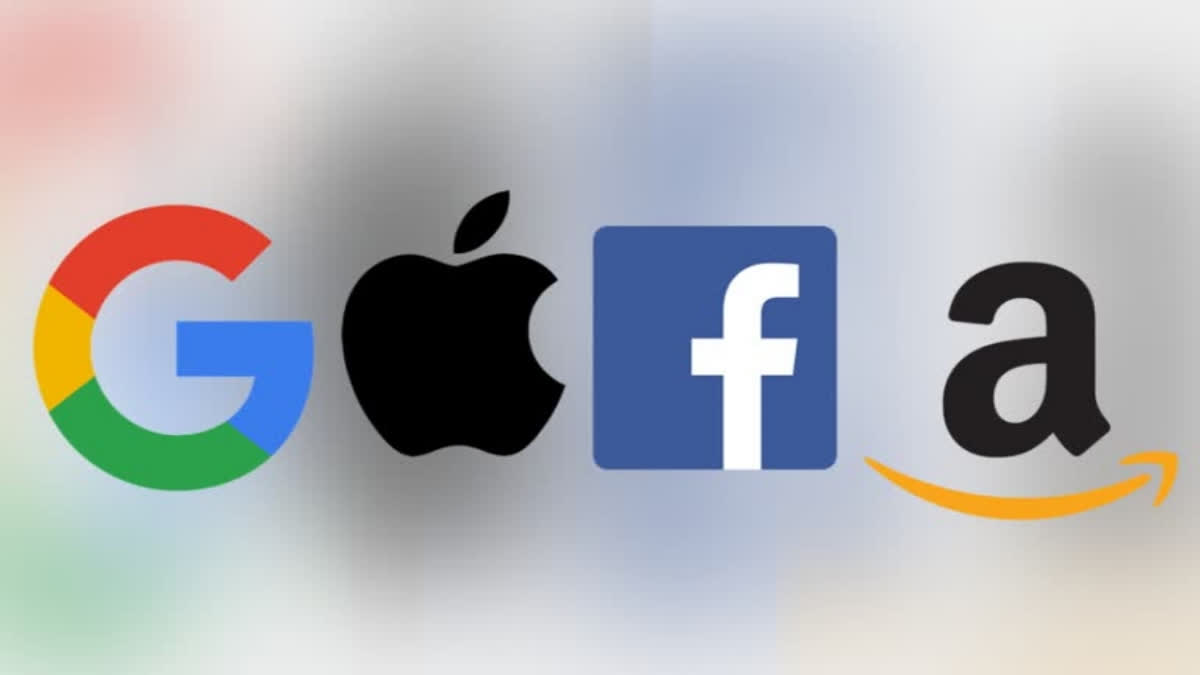London:Google, Facebook, TikTok and other Big Tech companies operating in Europe must comply with one of the most far-reaching efforts to clean up what people see online.
The European Union’s groundbreaking new digital rules took effect Friday for the biggest platforms. The Digital Services Act is part of a suite of tech-focused regulations crafted by the 27-nation bloc, long a global leader in cracking down on tech giants. The DSA is designed to keep users safe online and stop the spread of harmful content that's either illegal or violates a platform's terms of service, such as the promotion of genocide or anorexia. It also looks to protect Europeans' fundamental rights like privacy and free speech. Some online platforms, which could face billions in fines if they don't comply, already have made changes.
Here's a look at what has changed:
WHICH PLATFORMS ARE AFFECTED?
Nineteen platforms are affected so far. They include eight social media platforms: Facebook, TikTok, Twitter, YouTube, Instagram, LinkedIn, Pinterest and Snapchat. There are five online marketplaces: Amazon, Booking.com, China's Alibaba AliExpress and Germany's Zalando. Mobile app stores Google Play and Apple's App Store are subject, as are Google's Search and Microsoft's Bing search engine. Google Maps and Wikipedia round out the list.
WHAT ABOUT OTHER ONLINE COMPANIES?
The EU’s list is based on numbers submitted by the platforms. Those with 45 million or more users — or 10% of the EU’s population — face the DSA’s highest level of regulation. Brussels insiders, however, have pointed to some notable omissions, like eBay, Airbnb, Netflix and even PornHub. The list isn't definitive, and it's possible other platforms may be added later on. Any business providing digital services to Europeans will eventually have to comply with the DSA. They will face fewer obligations than the biggest platforms, however, and have another six months before they must fall in line.
WHAT'S CHANGING?
Platforms have rolled out new ways for European users to flag illegal online content and dodgy products, which companies will be obligated to take down quickly and objectively. The DSA “will have a significant impact on the experiences Europeans have when they open their phones or fire up their laptops,” Nick Clegg, Meta's president for global affairs, said in a blog post.
Facebook and Instagram's existing tools to report content will be easier to access. Amazon opened a new channel for reporting suspect goods. TikTok gave users an extra option for flagging videos, such as for hate speech and harassment, or frauds and scams, which will be reviewed by an additional team of experts, according to the app from Chinese parent company ByteDance.
Also read:Meta shuts down Messenger Lite app for Android
Google is offering more “visibility" into content moderation decisions and different ways for users to contact the company. It didn't offer specifics. Under the DSA, Google and other platforms have to provide more information about why posts are taken down. Facebook, Instagram, TikTok and Snapchat also are giving people the option to turn off automated systems that recommend videos and posts based on their profiles. Such systems have been blamed for leading social media users to increasingly extreme posts.
The DSA also prohibits targeting vulnerable categories of people, including children, with ads. Platforms like Snapchat and TikTok will stop allowing teen users to be targeted by ads based on their online activities. Google will provide more information about targeted ads shown to people in the EU and give researchers more access to data on how its products work.
IS THERE PUSHBACK?
Zalando, a German online fashion retailer, has filed a legal challenge over its inclusion on the DSA's list of the largest online platforms, arguing that it's being treated unfairly. Nevertheless, Zalando is launching content flagging systems for its website even though there's little risk of illegal material showing up among its highly curated collection of clothes, bags and shoes.
